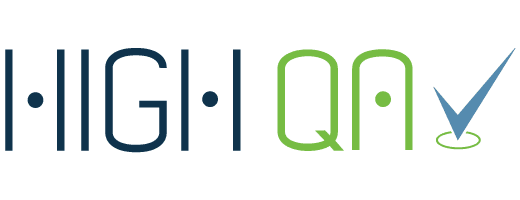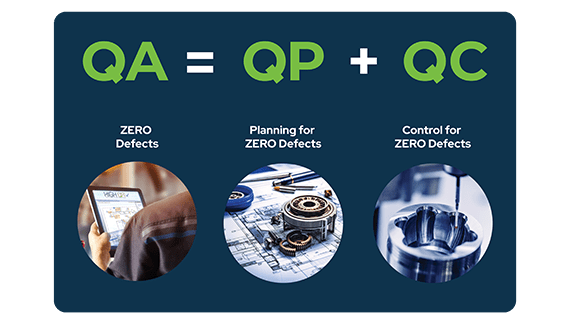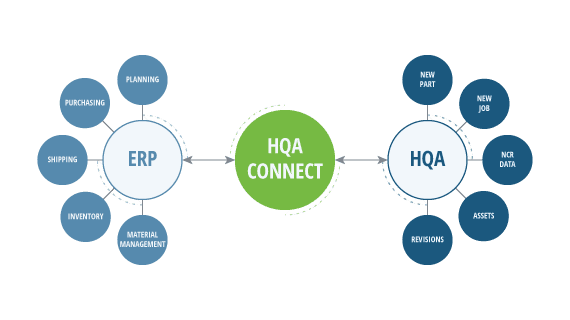High QA Blog:
Simplify Inspection
Planning
High QA Blog: Spotlight on Aerospace & Defense Manufacturing Quality
Request a demo of High QA software today!We all read the same news: In the aerospace sector, where a quality-related defect in a small part such as...
High QA Blog: Why Should You Connect Your ERP with Your Manufacturing Quality System?
Request a demo of High QA software today!In the fast-paced world of modern manufacturing with expensive materials, many jobs, and very slim margins...
High QA Blog: Simplifying Ford PFMEA Requirements
Request a demo of High QA software today!As you are probably aware by now, Ford Motor Company released their Customer-Specific Requirements for the...



